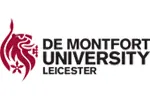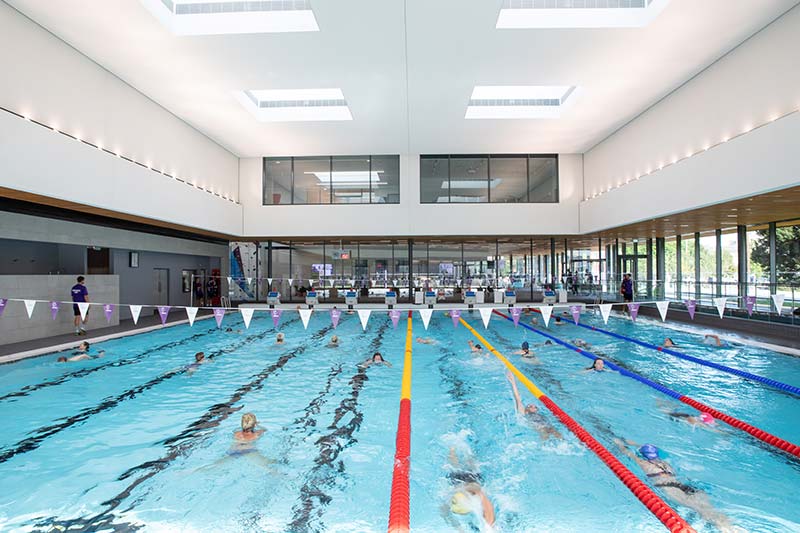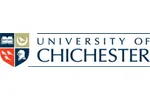Overview
Diagnostic radiographers are a vital part of healthcare teams – they use medical imaging equipment to take images of inside the body, then interpret these images to diagnose and understand patients' health conditions.
This BSc (Hons) Diagnostic Radiography and Medical Imaging degree prepares you for a career identifying illnesses and helping to save lives.
Course highlights
- Learn how to examine patients safely using X-ray, CT scanning, fluoroscopy, MRI, ultrasound and more
- Practise your skills under expert supervision in our Centre for Simulation in Health and Care, complete with our brand new digital X-ray suite and digital mobile unit
- Spend at least 10 weeks each year on clinical placement, working alongside experienced radiographers in real NHS hospitals
- Become eligible to register with the Health & Care Professions Council (HCPC) when you graduate, ready for a career as a Diagnostic Radiographer or to train further and enter advanced practice, research, teaching or health management
Careers and Opportunities
Without diagnostic radiographers it would be harder to diagnose, treat and manage illness and disease. They provide essential services to millions of people every year and are often the first people patients and service users come into contact with during their care.
Demand for diagnostic radiographers is rising too. Just before the pandemic, an independent report for NHS England highlighted the need for 3,500 additional radiographers over the next five years, and a 2021 census by The College of Radiographers revealed high vacancy rates in the field.
So, with this degree qualification, you can expect a rewarding career and high demand for your skills.
Most of our students quickly secure roles as Diagnostic Radiographers in the NHS.
As a newly qualified NHS Diagnostic Radiographer in 2021, you could earn a starting salary of £25,655, moving up to £31,354 (Band 5).
With more experience, you could earn up to £39,027 (Band 6), and with a role in management or advanced practice, you could make between £40,057 and £53,219 (Bands 7 to 8a), or more as a consultant.
You could also work as a diagnostic radiographer for independent providers, industrial companies and veterinary clinics as you progress your career.
With experience and additional training, you could go into:
- postgraduate study or research in specialisms such as computed tomography, medical magnetic resonance, ultrasound, nuclear medicine and medical physics
- health management through the NHS Graduate Scheme
- teaching
Graduates have gone on to work for these institutions:
- Portsmouth Hospitals NHS Trust
- University Hospital Southampton
- Southampton General Hospital
- Spire Southampton
- Western Sussex NHS Hospital Trust
- Newcastle Royal Victoria Infirmary
- St George's NHS Foundation Trust, London
After you graduate, you can get help, advice and support for up to 5 years from our Careers and Employability Service as you advance in your career.
















